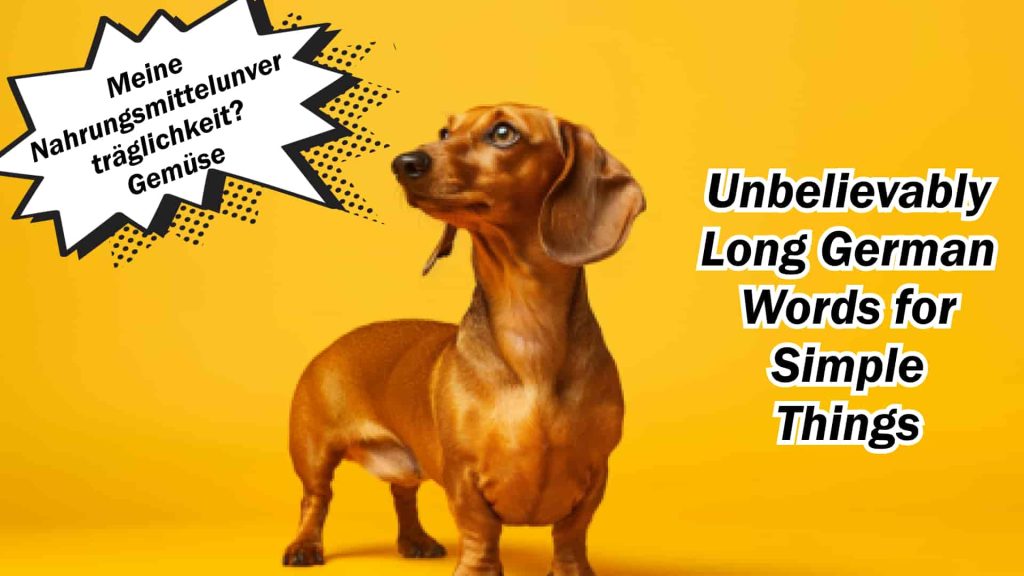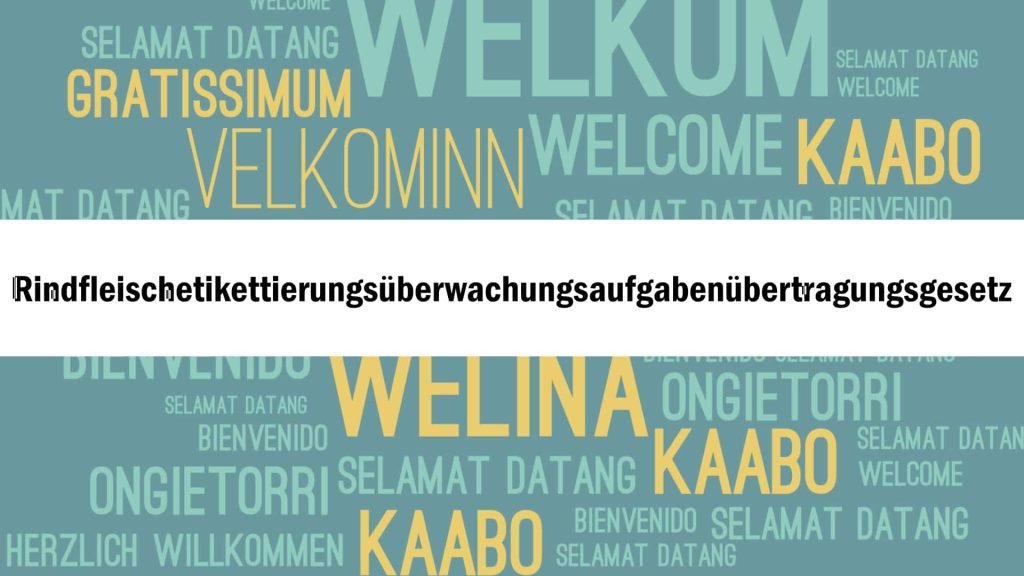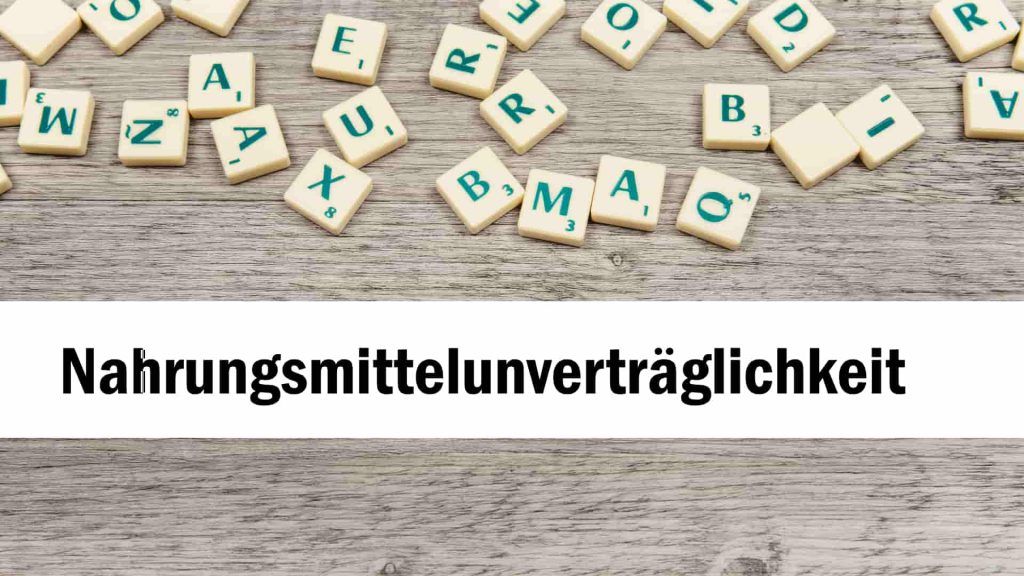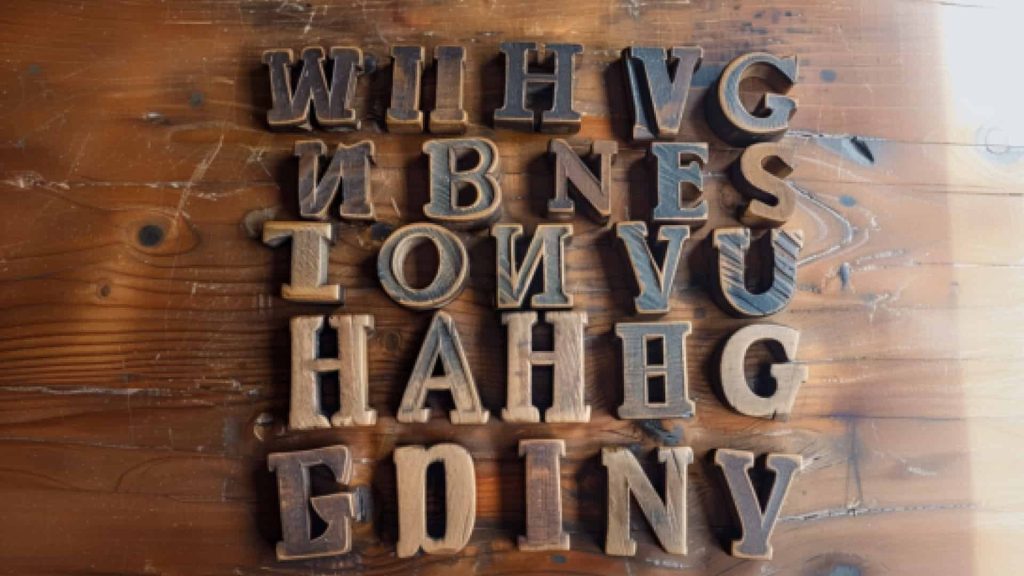
The remarkable ability of German to produce long compound words—words that may express entire sentences or intricate concepts—makes the language exceptionally rich. These compound words, also called “Komposita” in German, are constructed by joining smaller words to form new, usually extraordinarily long phrases that convey complex ideas. More like linguistic Lego bricks. Take the lengthy German word “Donaudampfschifffahrtsgesellschaftskapitän,” which translates to “Danube steamship captain.” Seems crazy, doesn’t it? Now let us look at some more of these egregiously long German words. How they can make even the most basic things sound so sophisticated is amusing (and fascinating).
Why Are German Words So Long?
German terms are sometimes very long because the language enjoys compound word creation, a process called “Komposition” in German. This property of language makes it possible to combine a wide variety of nouns, adjectives, verbs, and prefixes to form new, more specialized words. This is especially important in a language where precision and nuances are highly esteemed.

Furthermore, the grammatical structure of German allows for the creation of extremely complex compounds without overwhelming the sentence structure. When writing in fields like science, technology, law, or philosophy, where precision is essential, the capacity to produce such specialized language can be useful.
Fun Fact: The love of compound words isn’t exclusive to German. English has borrowed a few of these lengthy friends, like “schadenfreude” (taking pleasure in the misfortune of others) and “fingerspitzengefühl” (a delicate sense of touch) from German.
Also Read: The 5 Best German Language Apps for Immigrants
How to pronounce long German words

Germans are known for their use of long, complex words, which may be very daunting. So, let’s break these incredibly long German words up into smaller chunks for easier decoding.
To start with, let’s use one of the long German words: “Geschwindigkeitsbegrenzung” (speed limit in English). Did you attempt to pronounce it or just “blah blah”?
Step 1: Break it down
First, divide the long German word into smaller chunks. For instance, break “Geschwindigkeitsbegrenzung” into :
Geschwindigkeit (Geschwin-dig-keit) and Begrenzung (Be-gren-zung).
Step 2: Pronounce Each Part Separately
- “Geschwindigkeit” is pronounced as [guh-sh-vin-dig-kite].
- “Begrenzung” is pronounced as [buh-gren-tsoong].
Now that we have the individual words, practice pronouncing them correctly (keep an eye for IPA symbols in the brackets):
Geschwindigkeit:
- Geschwin [gəˈʃvɪn] – The “g” is a soft sound like the “g” in “go.” “ə” is a schwa sound, a neutral vowel sound. “v” is pronounced like the “v” in “van.”
- dig [dɪk] – “d” is pronounced clearly. “i” is a short “i” sound. “k” is pronounced like the “k” in “key.”
- keit [kaɪt] – “ei” is a long “i” sound like the “i” in “fine.”
Begrenzung:
- Be [be] – Straightforward “b” and “e” sounds.
- gren [gren] – “gr” is a single sound similar to the “gr” in “green.” “e” is a short “e” sound.
- zung [tsʊŋ] – “z” is pronounced like “ts” in “bits.” “u” is a short “oo” sound like the “u” in “foot.”
Step 3: Put it together
Now, try saying the two parts together: [guh-sh-vin-dig-kite buh-gren-tsoong]. Remember that the stress is normally placed on the first vowel of the root word, in this case, “Geschwindigkeit.”
To start with, pronounce each part clearly and slowly. With practice, you can gradually speed up and smooth the transition between the two parts.
Bonus Tip: Use Audio Resources
There are plenty of internet resources that have audio recordings of native speakers speaking long German words. You can discover them in dictionaries like LEO: https://dict.leo.org/german-english/ or on YouTube channels dedicated to German pronunciation.
The longest word in German
In German, you can form extremely long words by joining smaller words together. This means there’s technically no limit to how long a German word can be. However, the answer to the most searched question, “What is the longest German word?” is Rinderkennzeichnungsfleischetikettierungsüberwachungsaufgabenübertragungsgesetz, which has 79 letters (according to the Duden). As discussed earlier, this longest German Word referred to a law governing the delegation of cattle labeling and beef labeling monitoring tasks.
The other longest German words include:
– Grundstücksverkehrsgenehmigungszuständigkeitsübertragungsverordnung
This 67-letter-longest German word refers to rules for who can say okay to buying or selling land. It’s just a fancy word for a law that says who gets to approve land sales.
– Siebenhundertsiebenundsiebzigtausendsiebenhundertsiebenundsiebzig
And this 65-letter long German word, just means “seven hundred seventy-seven thousand seven hundred seventy-seven” (777,777). Yup, you definitely need a neck stretch after trying this!
Check out this 65-letter German monster that just means 777,777: “seven hundred seventy-seven thousand seven hundred seventy-seven.” Whew, try saying that without taking a breather!
– Rindfleischetikettierungsüberwachungsaufgabenübertragungsgesetz
As discussed earlier, this 63-lettered-long German word refers to a law governing the delegation of beef labeling monitoring tasks.
10 Long German Words for Simple Things
Now that we’ve seen some unbelievably longest German words let’s also see some long German words that mean simple or even everyday things.
10. Geburtstagsgeschenk (19 letters)
- Pronunciation: [guh-boortz-tahks-ge-shenk]
- Translation: Birthday present
- Meaning: A gift given to someone on their birthday
9. Streichholzschächtelchen (24 letters)
- Pronunciation: [shtrykh-holts-shaekh-tel-khen]
- Translation: Little matchbox
- Meaning: A small box containing matches
8. Freundschaftsbeziehungen (24 letters)
- Pronunciation: [froynd-shafts-bee-tsee-whoong-en]
- Translation: Friendship relations
- Meaning: The connections or relationships between friends
7. Nahrungsmittelunverträglichkeit (31 letters)

- Pronunciation: [nah-roongs-mit-tel-oon-fair-traeg-lish-kyt]
- Translation: Food intolerance
- Meaning: A negative reaction to certain foods that is not an allergic reaction
6.Donaudampfschifffahrtsgesellschaftskapitän (42 letters)
- Pronunciation: [do-nau-dahmpf-shiff-fahrts-ge-zell-shafts-ka-pi-taen]
- Translation: Danube steamship company captain
- Meaning: The captain of a steamship operated by the Danube steamship company
5. Massenkommunikationsdienstleistungsunternehmen (46 letters)
- Pronunciation: [mah-sen-kom-moo-ni-ka-tions-deenst-loy-stoongs-oon-ter-neh-men]
- Translation: Mass communication service company
- Meaning: A company that provides services related to mass communication
4. Geschwindigkeitsbegrenzungsermäßigungsanordnung (47 letters)
- Pronunciation: [ge-shvind-ig-kyts-be-gren-tsoongs-air-mae-ssig-oongs-ah-nor-doong]
- Translation: Speed limit reduction order
- Meaning: An official order to reduce the speed limit
3. Elternunterhaltspflichtbemessungsgrundlagenverordnung (53 letters)
- Pronunciation: [el-tern-oon-ter-halts-pflicht-be-mess-oongs-grunt-lah-gen-fer-ord-noong]
- Translation: Parental maintenance obligation assessment basis regulation
- Meaning: A regulation concerning the basis for assessing parental maintenance obligations
2. Lehrerfortbildungsdienstanbieteranerkennungskommission (54 letters)
- Pronunciation: [leh-rer-fort-bil-doongs-deenst-an-bee-ter-ah-ner-ken-noongs-kom-mis-sion]
- Translation: Teacher further education service provider recognition commission
- Meaning: A commission responsible for recognizing service providers of teacher further education
1. Gebrauchsanweisungsmangelsbehebungsaufforderungsschreiben (57 letters)
- Pronunciation: [ge-brauchs-an-wy-soongs-mang-els-be-he-boongs-owf-for-de-rungs-shry-ben]
- Translation: Instruction manual deficiency rectification request letter
- Meaning: A note requesting to fix the mistakes in a how-to guide
Just so you know, these are rough pronunciations for English speakers. The real German sounds might be a bit off from these.
Creating Long German Words
Now that we kinda know how German long words work, how about we build some monster German words? Here we go:
Sonnenuntergangsfarbenhimmelbild (32 letters)
- Pronunciation: [zon-nen-un-ter-gangs-far-ben-him-mel-bild]
- Translation: Sunset colors sky picture
- Meaning: An image of the sky filled with the colors of the sunset.
Kaffeetassenuntersetzerdesignwerkstatt (38 letters)
- Pronunciation: [kaf-fee-tas-sen-un-ter-set-zer-de-sign-werk-statt]
- Translation: Coffee cup coaster design workshop
- Meaning: A workshop or studio where designs for coffee cup coasters are created.
Regenwaldgeräuschkulissenaufnahme (33 letters)
- Pronunciation: [re-gen-wald-ge-räusch-kulis-sen-auf-nah-me]
- Translation: Rainforest sound backdrop recording
- Meaning: A recording of the ambient sounds found in a rainforest.
Schokoladenkuchengeschmacksvergleich (36 letters)
- Pronunciation: [scho-ko-la-den-ku-chen-ge-schmack-sver-gleich]
- Translation: Chocolate cake taste comparison
- Meaning: An activity where different chocolate cakes are compared.
Bücherregalstaubwischgerät (26 letters)
- Pronunciation: [bü-cher-re-gal-staub-wisch-ge-rät]
- Translation: Bookshelf dust wiping device
- Meaning: A tool specifically designed for dusting off bookshelves.
15 Useful Long German Words for Expats

Understanding certain long German words can help expats manage their lives in Germany. These terms usually allude to administrative procedures, social services, and daily life. Here are 20 lengthy German words that expats in Germany should be familiar with:
- Einwohnermeldeamtsanmeldung (Resident registration office application)
- Krankenversicherungsnachweis (Health insurance proof)
- Mietkautionrückzahlungsanspruch (Rental deposit refund claim)
- Aufenthaltserlaubnisantrag (Residence permit application)
- Sozialversicherungsausweis (Social Security card)
- BefristeterArbeitsvertrag (Fixed-term employment contract)
- VerbraucherzentraleBeratungsstelle (Consumer advice center)
- Fernunterrichtsschutzgesetz (Distance Learning Protection Act)
- Gleichstellungsausländerbehörde (Equality foreigner’s office)
- Umsatzsteuervoranmeldung (VAT advance return)
- Kinderbetreuungszuschuss (Childcare allowance)
- Unfallversicherungsschutz (Accident insurance protection)
- Pflegeversicherungsbeitrag (Long-term care insurance contribution)
- Weiterbildungsförderung (Continuing education funding)
- Wohnungseigentümergemeinschaft (Homeowners association)
Frequently Asked Questions
1. What is the longest German word?
In German, there’s no official “longest” word because you can keep sticking words together. But there was this super long one, “Rindfleischetikettierungsüberwachungsaufgabenübertragungsgesetz” (63 letters!), about a law for checking beef labels.
2. What German word has 79 letters?
In 1972, the Guinness Book said the longest German word was this giant 79-letter one, Donaudampfschiffahrtselektrizitätenhauptbetriebswerkbauunterbeamtengesellschaft. It’s basically about some workers in an office dealing with electricity on Danube riverboats.
3. What is the hardest German word?
Words like “Eichhörnchen” (squirrel) and “Streichholzschächtelchen” (little matchbox) are often noted for their pronunciation difficulty
4. What is the long German word for feelings?
“Weltschmerz” (world pain) describes a feeling of melancholy and world-weariness, though not exceedingly long, it captures a complex emotional state
5. How do you say 20000 in German?
In German, 20,000 is said as “zwanzigtausend.”
Conclusion
Checking out those really long German words is like going through a bag full of neat finds from a great trip. It’s funny how trying to be super clear ends up making such huge words! It’s a cool way to see how language can make even simple things feel special. Makes talking about regular stuff more fun, whether over coffee or a beer. So when you see a big German word, try it out – it’s just part of the fun of learning German.




